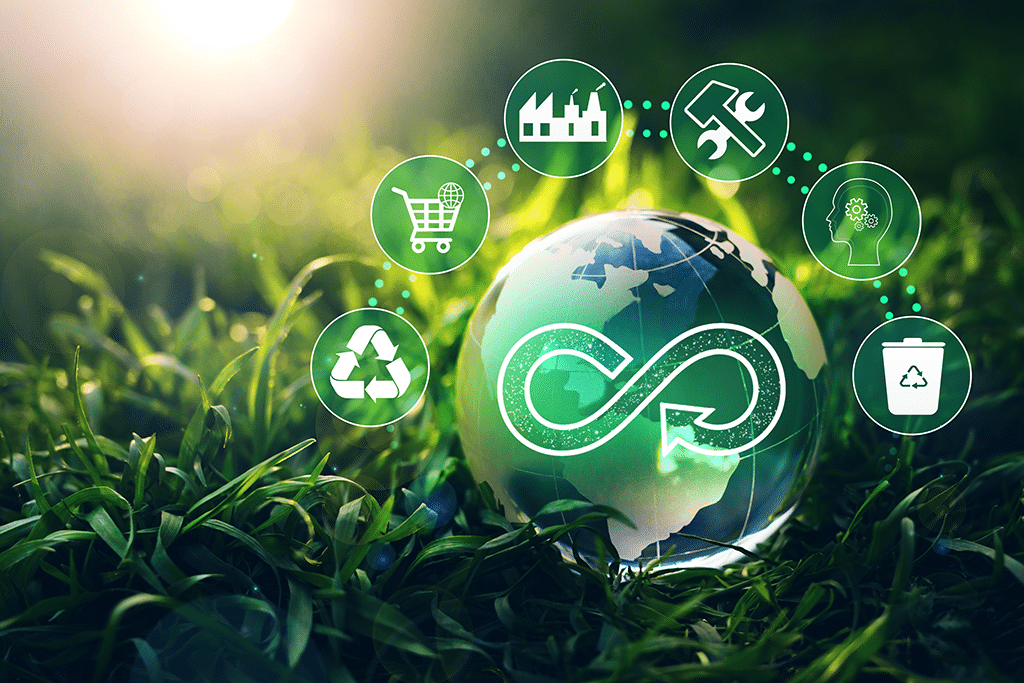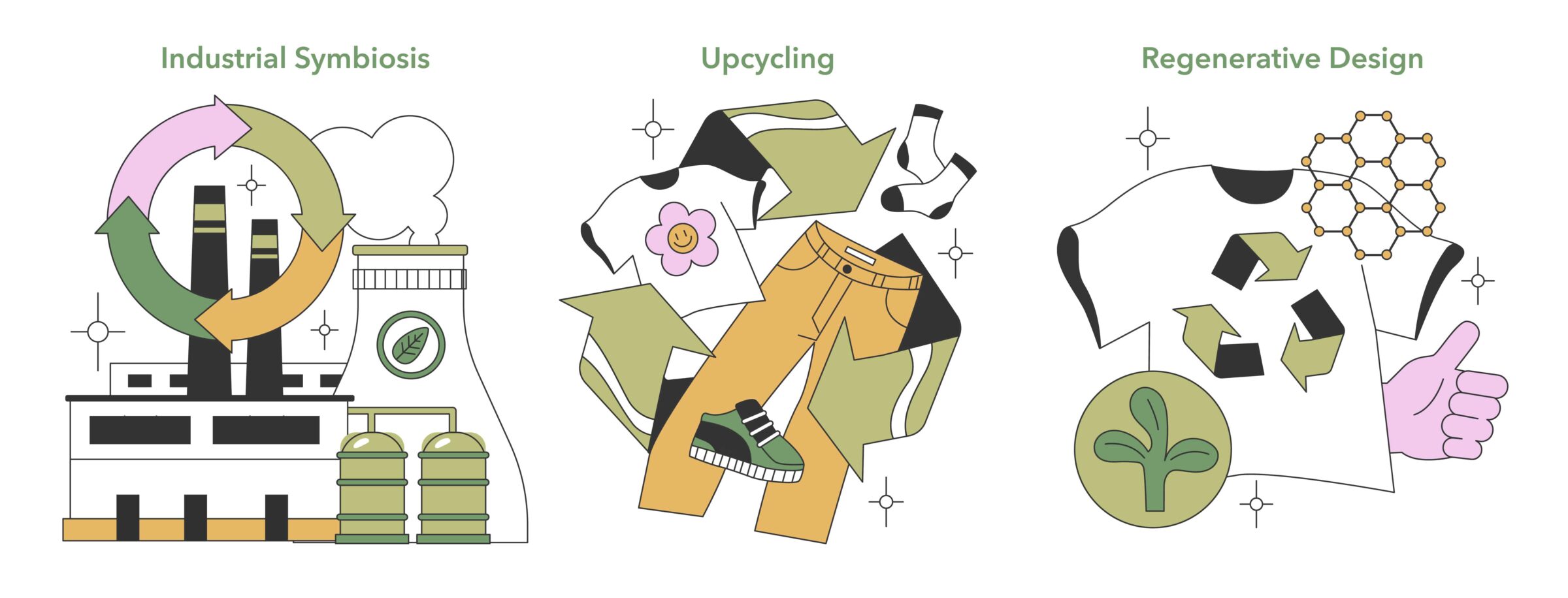
Major Upgrade to Chicago-area Plant
We’re hearing freight drivers are extremely happy with the improvements to our Chicago-area plant. Why?
Easier and quicker scaling and unloading due to a major upgrade to our Alsip, IL facility.
The two key factors:
- A new drive-on, drive-off scale
- A vastly larger staging and unloading area
Where previously drivers had to back off after weighing in, now there’s a clear, direct path to a drive-on, drive-off scale.
Once off the scale, drivers are in a large, paved staging area able to handle several tractor-trailers preparing to unload.
From there it’s a direct path to the 27 dock doors available for loading and unloading.
Quincy Recycle purchased the land adjacent to our loading area and created a wide, open, and paved area for the scale and staging.
This investment in our paper and plastic recycling facility in Chicago is part of a continuous improvement program. We look for ways to improve efficiencies and reduce friction. This means increased profits for our suppliers, customers, freight partners, and ourselves. A true win-win for all involved.

Employee Spotlight: Dan Parker
Dan Parker serves as an ALC (Account Logistics Coordinator) in our West Bend location. When asked about Dan, General Manager Marshall Harting said, “Dan has been a lifelong friend and someone I have always been able to count on to help with any task. Five years ago he joined my team in West Bend and has brought that same mentality from day one. He is always willing to go above and beyond his specific job duties and takes great pride in helping fellow team members be successful. Dan is the embodiment of what it means to be a great teammate; all you have to do is ask any one on our team!” It’s easy to see that Dan embodies our Core Values and is a tremendous asset to the team!
When did you start with Quincy Recycle?
March 2019
What was your job title when you started?
Account logistics coordinator
What is your current title?
Account logistics coordinator
If you had to pick one, which Core Value is your favorite and why?
One Team One Dream One Family– This is my favorite core value because of the way I came into Quincy West Bend. We were a whole new team and learning together. We had a leader that made us a family.
What was the most challenging thing to learn in your roles?
Think the most challenging thing of learning the roll was to handle the day with all the ups and downs and still make sure all the I’s were dotted and T’s were crossed in Rimas.
What was the most surprising or fun thing to learn?
When I started i knew as much about recycling as any home owner with a recycling bin. I loved learning about all the different paper grades and commodities. Had an amazing person sit down with me and take his time explaining everything he could in the two hours we had. Since then I have made sure to go out and see every new item we bring in. It is always changing as the team brings in new accounts.
What’s your favorite part about working at Quincy Recycle?
The team/family I get to work with everyday. Our team in West Bend has such a family feel to it. May not always agree with each other but that leads to some of the best out comes because we work together. And our family has extended to our Wisconsin team. Great group of people just up the road that is always there to help or bounce ideas off. Plus six other teams i can call at anytime.
What would you like prospective employees to know about Quincy Recycle?
That you have a team behind you and a new family. Doesn’t matter what roll you have you matter to the team. I have never felt that so much any where else.
What are some of your hobbies outside of work?
In my free time I love watching my son Weston play sports and practicing with him. Also enjoy hanging out with friends, hiking and being outdoors.
What’s the best piece of advice you’ve ever read or received?
I have two, one that has stuck with me for years and one that I read a few years back. To make a difference in someone’s life, you don’t have to be brilliant, rich, beautiful, or perfect. You have to care. My happiness is my reflection on the suffering during my journey and knowing that I never quit nor was I guided by anybody on this earth.
If you had to pick a song to portray the culture of Quincy Recycle, what would it be and why?
Good Day by Forrest Frank

Employee Spotlight: Kelsey Hayes
Kelsey Hayes truly owns her role as our Financial Controller and the respective scope of responsibilities she and her team share in ensuring the accuracy of our financial data and the integrity of our processes and transactions. She has a thirst for knowledge and understanding in all aspects of our business, and she is committed to learning and continuous improvement. In the 18 plus months that she has been our Financial Controller, Kelsey has built a strong, balanced, and dynamic team where voices are heard, strengths are leveraged, and internal controls are protected. Phil Hildebrand said of her, “Kelsey’s determination, sense of urgency, and high orientation for detail give me confidence that our team is on top of the day-to-day activities with a focus on making it easy for our vendors and our customers to do business with us.”
When did you start with Quincy Recycle?
July 2017
What was your job title when you started?
Financial Accountant
What is your current title?
Financial Controller
If you had to pick one, which Core Value is your favorite and why?
Alive & Well. Safety is the top priority at Quincy Recycle but this core value also represents work-life balance. I am happy to work for a company that values me as a person and wants to see me succeed in all facets of life.
What was the most challenging thing to learn in your roles?
Learning a new accounting system and the recycling industry in general was challenging during my first few years at Quincy Recycle. As my role has changed over the last 6 years, I have been continually challenged in new ways and never know when a new learning moment will arise.
What was the most surprising or fun thing to learn?
I am constantly amazed by the amount of companies Quincy Recycle works with. I think it is fascinating to walk into a store and recognize companies/brands of products on the shelves that I have worked with in my role at QRP.
What’s your favorite part about working at Quincy Recycle?
The people and the ability for unlimited growth.
What would you like prospective employees to know about Quincy Recycle?
Hard work does not go unnoticed at Quincy Recycle. If you put in the time, effort, and energy, you will realize great things at this company.
What are some of your hobbies outside of work?
Spoiling my 8 nieces & nephews, playing volleyball year-round, and traveling! My husband and I are going on an Alaskan cruise this Summer!
What’s the best piece of advice you’ve ever read or received?
Keep the mentality “If it is to be, it is up to me”. If you want something in life, you are the only one that can make it happen!
If you had to pick a song to portray the culture of Quincy Recycle, what would it be and why?
“We Are Family” by Sister Sledge

How Quincy Recycle Fits Into Your Circular Economy Plan
In recent years, the circular economy concept has gained significant traction.
But what exactly does it mean? At its core, a circular economy seeks to shift from the traditional linear “take-make-dispose” approach to a more sustainable model based on recycling, reusing, and reducing waste. A circular shift requires businesses to rethink their current practices and look for ways to improve sustainability goals.
In this blog, we’ll shed light on how Quincy Recycle can be your trusted partner in achieving your circular economy plan.
Waste Reduction Through Material Recovery
Millions of tons of reusable materials end up in landfills every year. Quincy Recycle is dedicated to sourcing and collecting these materials before they go to waste.
Through advanced material recovery techniques, we help identify recyclable materials within your waste stream and recover them. Our team works with customers to collect various types of plastic, metal, paper, cardboard, and other materials for repurposing or reuse. We work with national partners in a circular approach to ensure that valuable resources are extracted and reintegrated into the supply chain.
Overall, material recovery helps businesses reduce their waste output, save on landfill fees, and optimize the use of resources.
Sustainable Resource Management with Industrial Symbiosis
Industrial symbiosis offers a unique opportunity for businesses to exchange and utilize each other’s waste as valuable resources. Quincy Recycle contributes to industrial symbiosis in a circular economy by connecting and collaborating with different industries.
For example, imagine a plastic manufacturing company generating a significant amount of waste in their process. Instead of disposing of the waste, Quincy Recycle identifies a symbiotic opportunity by connecting the plastic manufacturer with another company needing plastic raw materials, such as a packaging company.
We then facilitate the transfer of plastic waste to the packaging company, which uses it as a valuable resource to produce new packaging materials. Multi-company collaboration allows the plastic manufacturer to reduce waste and disposal costs and enables the packaging company to obtain cost-effective raw materials.
Our industrial symbiotic relationships help businesses close the loop in their production cycles. Waste from one industry becomes a valuable resource for another, and everyone involved becomes part of a more sustainable circular economy.
Protecting Your Image and the Bottom Line
Circular economy plans can promote a business’s reputation and brand image as an environmentally responsible entity. In an increasingly conscious marketplace, consumers and stakeholders demand sustainable practices and are more likely to support businesses prioritizing environmental stewardship. Working with a reputable recycling partner like Quincy Recycle allows businesses to strengthen their brand value and differentiate themselves from competitors.
Implementing a circular economy plan with Quincy Recycle can also bring economic benefits. Businesses can efficiently manage their waste streams, minimize disposal and hauling costs, and potentially generate additional revenue by selling recycled materials or by-products.
Why Work with Quincy Recycle on a Circular Economy Plan?
We offer customized solutions and recycling expertise to meet your needs, such as:
1. Material Evaluation
Quincy Recycle has a team of recycling experts who can evaluate your waste streams and design tailored recycling solutions for your organization. We understand the unique challenges different industries face and can guide you in optimizing your recycling processes.
2. Comprehensive Recycling Services
Whether you need assistance with single-stream recycling, document destruction, or specialized recycling of specific industrial materials, Quincy Recycle has you covered. We offer a wide range of recycling services to meet your needs and help you focus on your core business operations.
3. Transparent Reporting
We believe in transparency. You will receive detailed reporting on the volumes and types of materials collected, suggestions on waste stream management, and updates on how to continue achieving your circular economy goals.
4. Long-Term Collaboration
Lasting relationships with our partners are a driving force behind what we do. We are committed to continuously improving our recycling services and working closely with you to meet your circular economy goals. Our dedicated team of recycling experts will be with you every step of the way.
Are you interested in creating a Sustainability Plan? We can help.
We have helped industrial and manufacturing companies make a positive impact on the future of our planet. From waste reduction and cost savings to promoting sustainable supply chains and environmental stewardship, we have the expertise and resources to help you achieve your circular economy goals.
Contact Quincy Recycle today at 800.311.6097 and let us be your trusted partner in industrial recycling. Together, we can create a more sustainable future for generations to come.

